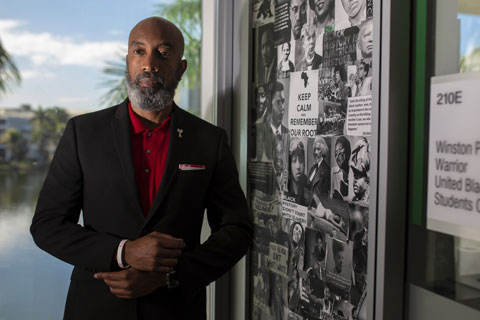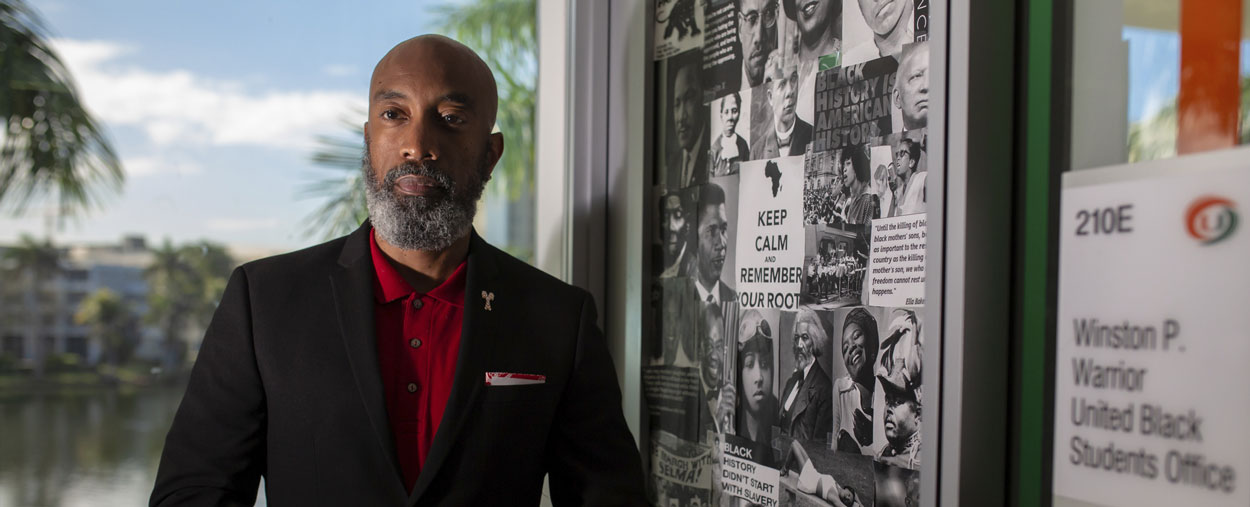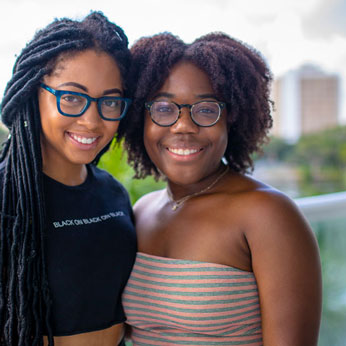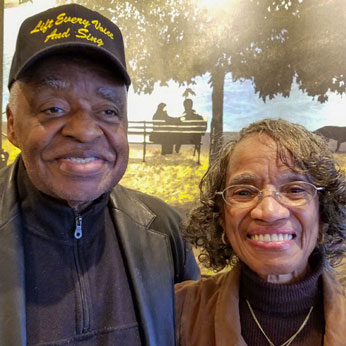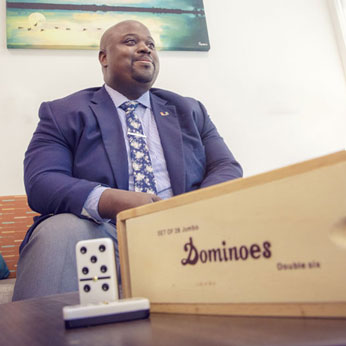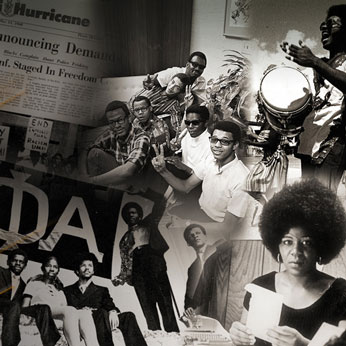by Ashley A. Williams
UM News
02-22-2019
The view from the Winston P. Warrior United Black Students Suite on the second floor of the Shalala Student Center is serene. Members have the opportunity to relax, gather, and rest as they overlook Lake Osceola. Many of them consider it to be their “home away from home,” thanks to one double alumnus: Winston Warrior.
Five years ago, when the 119,368-square-foot campus hub opened, the suite was named in his honor.
A man who wears many hats, Warrior returned to the Coral Gables campus to serve as a lecturer in August 2017. He also consults with Dean Laura Kohn-Wood and the School of Education and Human Development on all things related to strategic communication and marketing.
Since his return to UM, Warrior has also dedicated his time to mentoring students. His motto, “Each one. Teach one,” encourages him every day to foster hope in the next generation who will one day join him as communicators in the field.
“What fuels everything I do involves making sure that I positively touch the lives of our future leaders,” Warrior said. “It’s my responsibility to pass on the knowledge that I’ve gained over the years. I don’t do this by just giving young people the answers. I do this by asking probing questions which causes them to think, reflect, and assess. Oftentimes, they come to the right answer.”
As an undergraduate, Warrior was a member of Kappa Alpha Psi, Inc., a historically black Greek fraternity. Today, he serves as the advisor to UM’s chapter, guiding young students of color through their collegiate careers. He’s also the advisor for “The Culture,” a UMTV show, the Media Management Association, and he serves as the co-advisor for the newly chartered UM Chapter of the National Association of Black Journalists.
As a black man, Warrior understands the challenges students of color may face while navigating through spaces at a predominately white institution. Students, he said, need to be proud of who they are, embrace their destiny, and do the work.
To Warrior, Black History Month is the perfect time to expound on all of those things and more.
“Black History Month is very important to me,” he said. “It’s not just a time for the country and the world to acknowledge the tremendous contributions of African-American people of the past. But by understanding our rich history, it also provides people of color with a yearly inflection point to inspire all of us to keep the legacy of achievement alive.”



